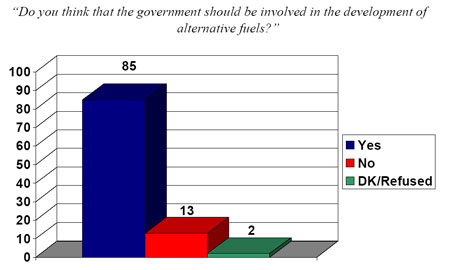 St. Louis-based Farmergy… a provider of technology to help farmers and ranchers “get off the grid”… has bought Missouri Valley Renewable Energy, a company touted as a leader in Missouri for renewable energy sources. MOVRE was founded in 2000 by Henry Rentz, after an extended power outage left his farm and home without the capability to pump water or provide refrigeration. According to a Farmergy press release, Rentz, the former CEO of MOVRE, now will join Farmergy as a part of its management team:
St. Louis-based Farmergy… a provider of technology to help farmers and ranchers “get off the grid”… has bought Missouri Valley Renewable Energy, a company touted as a leader in Missouri for renewable energy sources. MOVRE was founded in 2000 by Henry Rentz, after an extended power outage left his farm and home without the capability to pump water or provide refrigeration. According to a Farmergy press release, Rentz, the former CEO of MOVRE, now will join Farmergy as a part of its management team:
“A critical component of our success at Farmergy will be our ability to effectively install a vast array of clean energy solutions for farmers and ranchers across the country,” says Mark Green, Farmergy president and chief executive officer. “Henry’s intimate knowledge of both agriculture and the renewable energy industry will be invaluable to us as he designs and implements our national certified installer program.”
The release goes on to say that Farmergy-certified installers will make sure that customers get the best installation for whatever energy source they choose.


 A stable supply of domestically-produced fuel is vital to achieving the goals outlined by President Bush in his State of the Union address, and the
A stable supply of domestically-produced fuel is vital to achieving the goals outlined by President Bush in his State of the Union address, and the  In an effort to bring attention to the issue of global climate change and the role ethanol can play in the solution, the
In an effort to bring attention to the issue of global climate change and the role ethanol can play in the solution, the  Steger, who has long been a proponent of alternative energy in the fight against global warming, will begin a four month dogsled expedition next month across the Canadian Arctic’s Baffin Island.
Steger, who has long been a proponent of alternative energy in the fight against global warming, will begin a four month dogsled expedition next month across the Canadian Arctic’s Baffin Island. EPIC is offering a way for everyone to help in the effort. Visitors to
EPIC is offering a way for everyone to help in the effort. Visitors to  According to
According to 
 The goals set out by President Bush Tuesday night to increase alternative fuels nationwide were met with enthusiasm by the ethanol industry, but not so much by the livestock industry which is facing higher prices for feed and increased competition for grain crops.
The goals set out by President Bush Tuesday night to increase alternative fuels nationwide were met with enthusiasm by the ethanol industry, but not so much by the livestock industry which is facing higher prices for feed and increased competition for grain crops.  Officials with the
Officials with the 
 “We will be proposing $1.6 billion in new funding for renewable energy, with a focus on cellulosic energy research and production as part of the administration’s 2007 Farm Bill proposals,” Secretary of Agriculture Mike Johanns announced Tuesday. “We’ve had great success with corn-based ethanol, now we have our sights set higher.”
“We will be proposing $1.6 billion in new funding for renewable energy, with a focus on cellulosic energy research and production as part of the administration’s 2007 Farm Bill proposals,” Secretary of Agriculture Mike Johanns announced Tuesday. “We’ve had great success with corn-based ethanol, now we have our sights set higher.” One of the first people I ran into here at the International Poultry Expo was Dr. Paul Aho who is a poultry economist. His company is called
One of the first people I ran into here at the International Poultry Expo was Dr. Paul Aho who is a poultry economist. His company is called  It seems like everywhere I go I find
It seems like everywhere I go I find